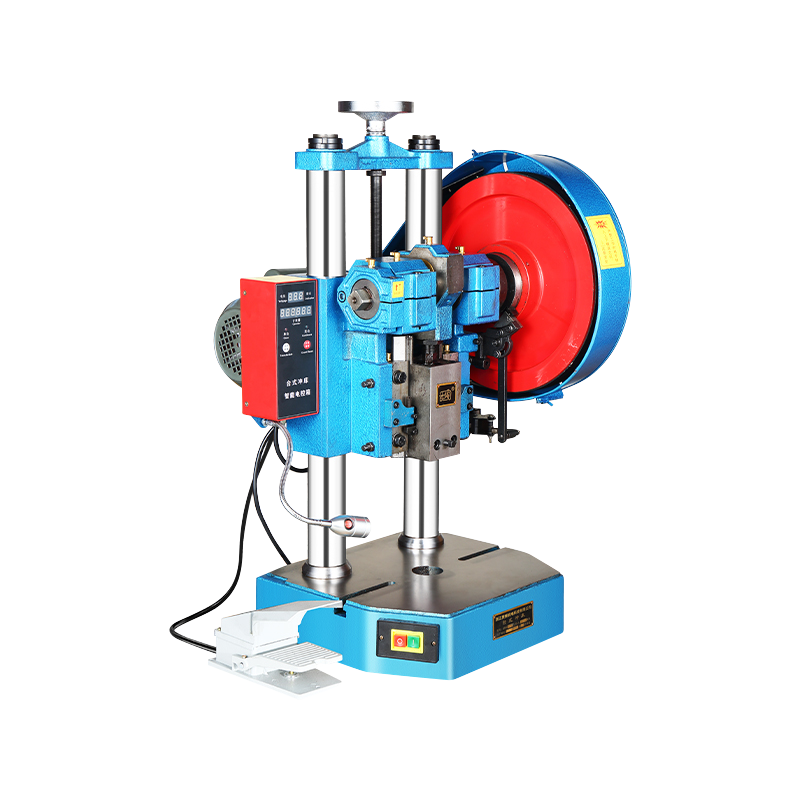Revolutionizing Agriculture: The Role of Agricultural Machinery Supporting Electric Motor
In the rapidly evolving world of agriculture, the integration of technology plays a crucial role in enhancing productivity and efficiency. Among the technological advancements making a significant impact is the Agricultural Machinery Supporting Electric Motor. This innovation is transforming the way agricultural machinery operates, offering farmers and agribusinesses new opportunities for optimizing operations and reducing environmental impact.
The Agricultural Machinery Supporting Electric Motor represents a significant shift from traditional diesel and gasoline-powered machinery. Electric motors, known for their efficiency and sustainability, are being increasingly adopted in agricultural machinery. By supporting the integration of electric motors into various types of equipment, this technology is redefining modern farming practices.
Electric motors are praised for their quiet operation, low maintenance requirements, and environmental benefits. Unlike their internal combustion counterparts, they produce no emissions during operation and are more energy-efficient. The integration of Agricultural Machinery Supporting Electric Motor technologies is enabling farmers to reduce their carbon footprint while improving operational performance.
Agricultural machinery equipped with electric motors offers numerous advantages across different farming operations. In the field of crop cultivation, electric motors are being used to power equipment such as planters, sprayers, and tillers. This shift enhances precision in planting and treatment processes, to improved crop yields and better resource management.
For irrigation systems, electric motors offer reliable and efficient solutions for driving pumps and valves. The precise control enabled by electric motors allows for optimized water usage, reducing waste and improving overall water management. This is particularly beneficial in regions facing water scarcity and environmental regulations.
In livestock management, electric motors are powering feed systems, ventilation fans, and automated cleaning equipment. These innovations contribute to a more efficient and comfortable environment for animals, enhancing their health and productivity. Additionally, the reduced noise and vibration of electric motors improve the working conditions for farm operators.
One of the primary benefits of Agricultural Machinery Supporting Electric Motor technology is its cost-effectiveness. Electric motors are generally more efficient than internal combustion engines, to lower operating costs. The cost of electricity is often lower than fuel, and electric motors have fewer moving parts, which translates to reduced maintenance expenses.
The operational advantages of electric motors are also notable. They offer smooth and precise control over machinery, allowing for better adjustment and optimization of farming processes. This precision can to increased efficiency and productivity, ultimately benefiting the farm’s bottom line.
Furthermore, the longevity and durability of electric motors contribute to their cost-effectiveness. With fewer parts subject to wear and tear, electric motors typically have a longer lifespan compared to internal combustion engines. This durability translates into fewer replacements and repairs, further reducing operational costs.
Recent advancements in Agricultural Machinery Supporting Electric Motor technology have led to significant improvements in performance and efficiency. Modern electric motors are equipped with advanced control systems that allow for precise speed and torque adjustments. This capability enhances the performance of agricultural machinery and provides greater flexibility in various applications.
Battery technology has also seen advancements, with newer, more efficient batteries enabling longer operational times and faster charging. These improvements address one of the key challenges of electric machinery—ensuring that it can operate effectively throughout a typical workday without frequent recharging.
Additionally, the integration of smart technologies is enhancing the capabilities of electric motors in agricultural machinery. Features such as remote monitoring, diagnostics, and automation are becoming more common. These technologies allow for real-time performance tracking, predictive maintenance, and remote control, contributing to more efficient and proactive management of agricultural equipment.
-
Feedback

 English
English 中文简体
中文简体






